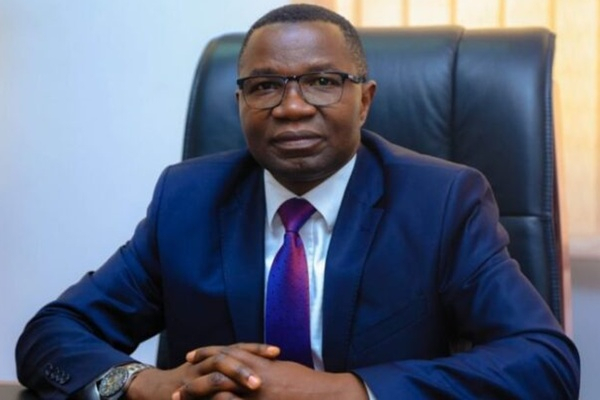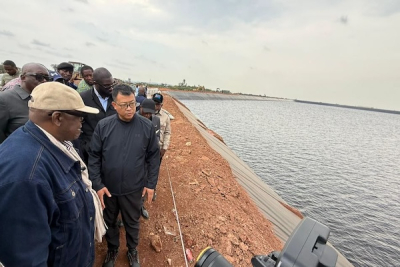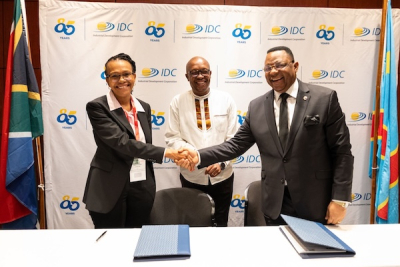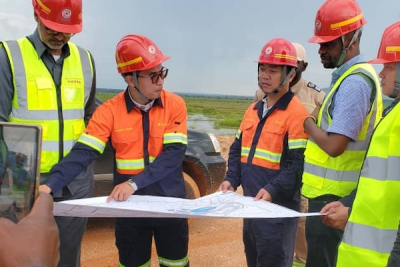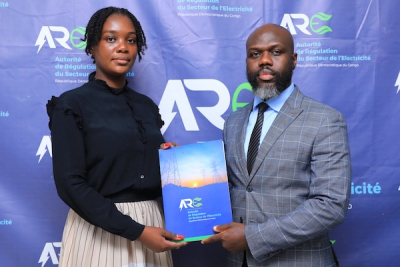In the DR Congo, cocoa and coffee are grown only on arable lands, not deforested areas. Julien Paluku, the Congolese Minister of Foreign Trade, said so on December 28, 2024, announcing the country’s intention to defend this position in an upcoming tripartite dialogue with the European Union (EU) and the UN Organization Stabilization Mission in the DRC (MONUSCO).
The DRC could have issues exporting its cocoa and coffee to the EU due to a "Zero Deforestation" law, which was rolled out on June 30, 2023. Under this law, the EU will no longer import agricultural products grown on deforested lands. Set to be fully enforced by October 2025, the law requires producers, exporters, and importers to provide geographical coordinates for product origins to ensure compliance.
However, the EU has expressed concerns about its ability to deploy investigators to verify the compliance of cocoa and coffee exports from the DRC amidst ongoing insecurity in the eastern region, the country’s main production area. Already, the situation has cost the DRC its Fairtrade and BIO certifications. "The exclusion of the European Union undermines efforts to reposition Congolese cocoa and coffee on the international market," lamented a collective of producers from Beni in North Kivu, emphasizing the sacrifices made to meet European standards.
Diversifying Outlets
To turn the tide, Minister Paluku suggested that the MONUSCO peacekeeping force certify that production fields are not located on deforested land. Paluku said the proposal will be discussed during an upcoming tripartite dialogue that could result in the DRC’s removal from the list of countries accused of environmental destruction.
Besides, the DRC has been drawing another strategy. This strategy has two major goals: intensifying special economic zones for bolstering local processing of agricultural products and diversifying export markets. The end goal is to depend less on the EU, broaden market access, and enhance economic resilience by adding value to raw materials. "These kinds of measures are being imposed on us because we don't process our products locally," Paluku noted.
The DRC also aims to produce 3 million tonnes of cocoa by 2030, a goal that could significantly boost the country's Gross Domestic Product (GDP). This target is ambitious given that global cocoa production reached 5 million tonnes in 2023, with Ghana and Côte d'Ivoire accounting for half of that total.
This article was initially published in French by Olivier de Souza
Edited in English by Ola Schad Akinocho






